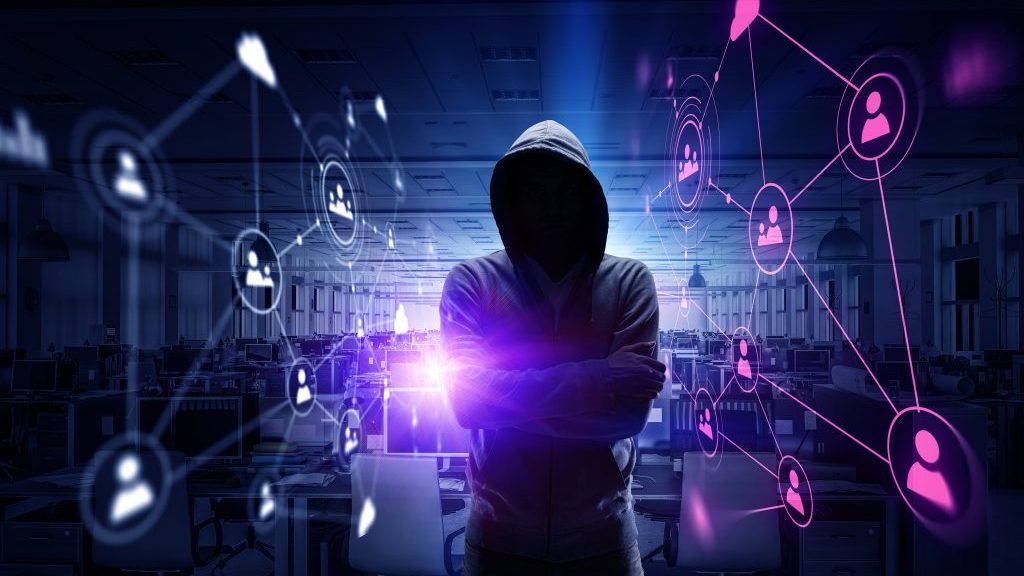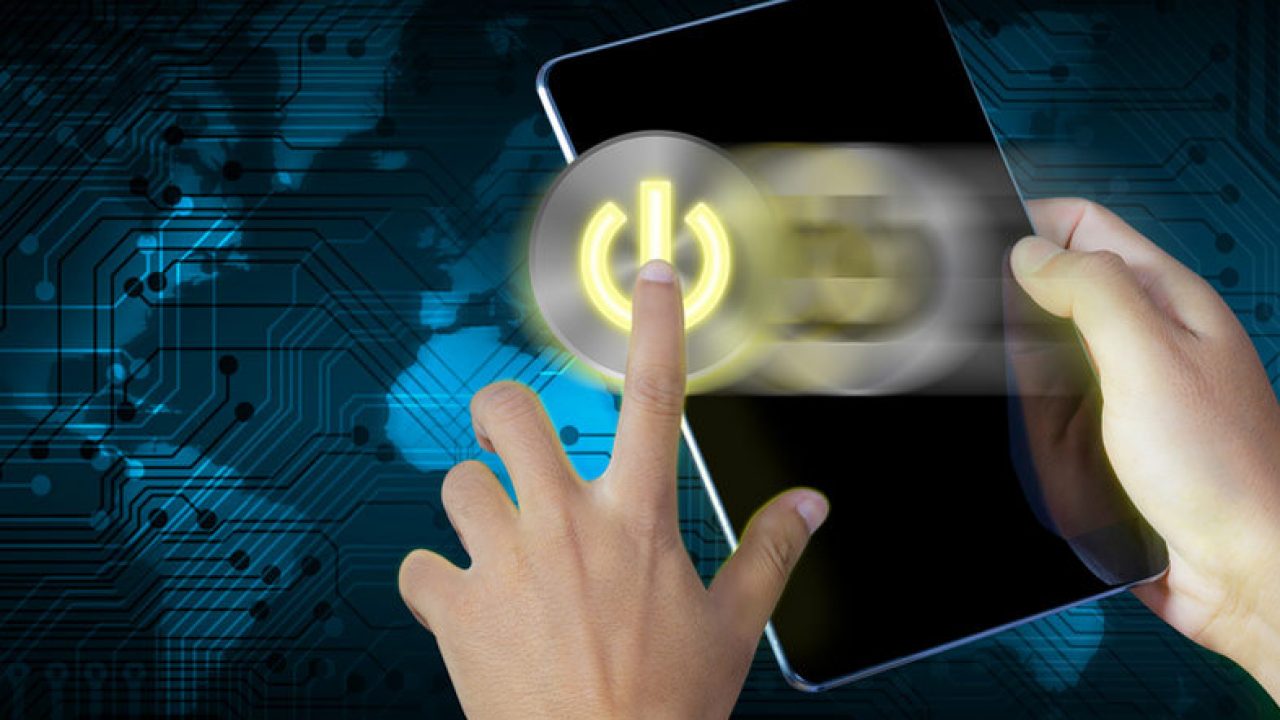
Is your restaurant’s database secure against cyber threats?
Did you take enough precautions to avoid security breaches?
If your answer is No, then probably your restaurant is in danger.
One of the major issues the food industry is facing today is the high amount of security breaches. Customers hand over their information to restaurants in different ways. Every time they trusting your service and hence provide you with sensitive data by means of credit/debit cards. Every day, these unethical hackers seeking new ways to invade our businesses, and restaurants in all the possible ways. Now the world of technology advanced with all its perks and unique features, but so as threats. Hackers are constantly looking for all possible ways to take advantage of companies that don’t take their IT security domain seriously.
But how much do we really know about security?
How data security is different from cybersecurity?
Information security or data security deals with the confidentiality, integrity, and availability of your data. It refers to the payment card data. Data security is more focused on ensuring that any form of information is kept secure and is a bit broader than cyber-security. The data security standards that organisations must cling to are approved by the Payment Card Industry (PCI) via PCI DSS. But for implementing and maintaining these standards, the POS provider needs to accept the responsibility for a restaurant’s agreement.
On the other hand, cybersecurity brings up all other sensitive data that is occupied within the restaurant’s network. It is all about shielding information that is found in electronic form such as computers, servers, networks, mobile devices, etc. In cybersecurity, the major concern is sheltering your business information from uncertified electronic access. But in both methods, the value of the data is of utmost significance.
What is the importance of data security in your restaurant?
Nowadays food industry is reported with the highest number of cyber threats. Restaurant data is a more beneficial prey for hackers. Mainly because of the kind of information it has such as credit card/debit card details, email Id, passwords, personal number and so many. This kind of sensitive information helps the hacker to commit credit card or debit card frauds and pick out thefts, both high-level crimes with considerable returns. This problem arises when the restauranteur focused only on the hospitality factor and entirely ignore the IT security domain.
No matter how big or small your restaurant is, a cyber attack will drastically affect your business reputation and reduces diner confidence. So it is mandatory to enforce cybersecurity in your system.
But the fact is that most of the restauranteur doesn’t understand how to cover such a situation. Here also the solution is very simple. Thanks to restaurant management software.
What are the different types of cyber-attacks that happening in the food business?
Your restaurant business has either; been ambushed, is currently being ambushed, or will be ambushed by hackers. With cyber threats became more and more prevalent in all domains, people are desperately looking for the right way to secure their assets. All cyber threats are not the same, it can be differentiated based on their patterns, their motives, and the after-effects. Mainly they are grouped into three terms or even called “Big 3”- malware, ransomware, and phishing attacks.
Malware
Malware or malicious software includes the invasion of your device or database by means of viruses, worms, Trojans, and spyware. Most of the cyber threats are categories into malware groups.
For example, if your system is being attacked by a Trojan or Trojan horse, it may look like legitimate software or acts like a bona fide application but it can control your system, even damage, interrupt, steal, or perform a harmful action with your data or network. Due to the different and diverse versions of malware attacks, it’s really hard to find out the exact one and give a solution. So usually companies implement multiple security providers to protect the system from all types of attacks.
Ransomware
It is also harmful software that invades your system and displays messages and started demanding ransom in order to get your system back. It happen usually when the user uses the call-to-action button. By clicking on a harmful link or accessing an infected document may lead to Ransomware.
It can come in different forms of fake antivirus software in which a pop up suddenly appears and declares that your system is detected with various issues and online payment is required to fix them! Sometimes, users may be attacked with limitless alerts and pop-up messages. Other times, the system will fail to work at all. The best way to get rid of this is by updating your system regularly.
Hackers usually target users who haven’t updated their computers. Another important method of shielding is backing up your files.
Phishing
Phishing is a cybercrime when someone online uses a trusted entity to collect sensitive information such as your personal contact number, banking and credit card details, and passwords.
No matter how big or small your organisation is Pishing can be affected any business. Hackers do some detailed research about your company and started sending convincing emails to your target audience and assemble their details. Lucrative offers and striking or attention-grabbing statements or copy lines are the basic formats for Pishing emails. A favorite strategy used by these unethical hackers is to ask your users to use the call to action button instantly because the super deals are only for a limited time. The best way to prevent this is by educating people about Phishing emails and how they work. Encourage your employees to report instantly whenever such suspicious or unfamiliar recipients or emails asking for confidential data.
What makes your restaurant business cyber-vulnerable?
Headlines screaming the cyber threats and risking both customers and the business is not a piece of new news to us. To keep your own business out of such news, it’s really necessary to aware of common causes of data breaches.
Weak or stolen password
Most of the cyber threats are happened because of weak passwords or by sharing passwords with strangers. A common mistake usually people do is setting the Wi-Fi connection for handling confidential purposes and also for providing free Wi-Fi service to the customers at the restaurant. It is better to keep two different Wi-Fi connections for both these purposes and keep separate passwords. For confidential business, dealings make sure to keep a complex password and never share it.
Outdated or application vulnerabilities
If you have a week back door then how hard you try to protect your assets, there is no use!
This is exactly what happened when you ignore all updates or use poorly written or network systems. Hackers love to exploit software applications that are not protected well and also poorly designed or implemented systems. Such unprotected applications will provide loopholes for hackers to exploit your asset.
Malware
We have already discussed how malicious software works and how it affects your system. The use of both direct and indirect malware will drastically affect the safety of your database. Be very aware of using websites that are look suspicious or opening emails from unfamiliar accounts, both of which are the most common methods of spreading malware!
Insider threats
In business, you never know who is your friend and who is your enemy. So take this phrase very seriously ”Keep your friends closer and your enemies closer”. Ensure who are you dealing with. Trust between owner and employees is necessary but blindly trusting someone definitely not a good idea.
So what happens if you give access to your system or data to the puckish staff, or to your peevish partner? what’s stopping them from copying, altering, or stealing it? Always keep yourself ready to face any problems. Act accordingly if you smell something fishy and protect everything with process and procedure backed up with training.
Too many permissions
Complex access permission is always a virtue to the cyber attackers. The business that doesn’t keep track of who has access to what within their venture is likely to have either given the mistaken authorisation to the wrong people is just like giving the key to hackers to exploit!
Use global threat intelligence
According to the survey by Cyber Threat Intelligence, businesses that use the global threat intelligence have a faster and more accurate response to a cyber threat by equipping enough defends and precautions against cyber attacks.
How restaurant management software secure data from cyber threats?
As are part of your loyalty programs you will collect valuable information about your guests, like their email id, personal number, age, visit frequency, transaction details, and address. Your point of sale system (POS) is also tracking your private company financials reports, and your internal communications may confidential information. But without a cyber defense mechanism like restaurant POS systems, all of this data is unguarded.
The innovative and advanced Point-to-Point encryption of POS is considered the most standard payment security solutions. It effectively reduces fraud and takeover from malicious activities like hacking. These devices translate credit card information the second it’s accepted on the POS device and then it is sent to the software’s server.
What are the best practices to avoid cyber threats?
What would happen if all the sensitive information in my restaurant was the target of a cyber attack?
It is an important question that most restauranteurs were addressed. There are some best ways to deal with it.
Choose cloud-based systems for storing your database
Cloud-based POS systems are recommended globally for the security in the database they offer. When your data is stored in the cloud, it exemplifies all your confidential data is stored off-site, and the buyer’s credit card information is in less than no time pass on to the next step in the payment process.
Secure your Wi-Fi networks
Restauranteurs are uplifting the risk of cyber attacks by offering free, open-network Wi-Fi to their customers. So it always better to provide separate Wi-Fi networks for customers and assign a more secure network for business purposes. Make sure to secure both networks with different passwords and changing the password once in a while will also ensure more safety.
Educate your staffs about data security
It is a fact that not everyone is aware of the importance of data security but it’s your responsibility is to guide them about your cyber-security policies. know how to spot phishing emails and spot suspicious accounts. Encourage staff to report all these activities as soon as possible when noticed.
Investing in trustworthy IT services.
Investing in trustworthy IT professionals who have proficiency and experience in this field is one of the best decisions to save your business from cyber threats. Hiring a capable third party marketer to organise all IT essentials from the well-protected restaurant management system and Wi-Fi networks to security systems. With an entrusted IT executive, restauranteurs can set up their presence of mind and consciousness of all the technology integrals along with the relief that their business is guarded by experts who have in-depth knowledge about the elaborateness of cybersecurity the best.
Use EMV chip cards with your POS system
Cyber attackers often look for big targets with a huge result in a minimal time. This is one of the major reasons why cyber threats of POS systems are one of the highest-ranked. Hackers can easily steal or alter large amounts of personal information from your system if it is not protected enough. This can be easily avoided by implementing and using the most updated POS system and follow all the government-related PCI compliance guidelines. EMV chip cards are one such recommendation from the PCI compliance guidelines. EMV chips are tools that provide confirmations and secure transactions made through debit and credit cards.
However many restauranteurs have still considered EMV devices are expensive but the fact is that safety doesn’t come free and if till available for free then it will have its own cons. By thinking ahead of the future and taking necessary action to protect all IT elements, restauranteurs are not only covering their business from threats but are also protecting your customers who are the building blocks of your success.








